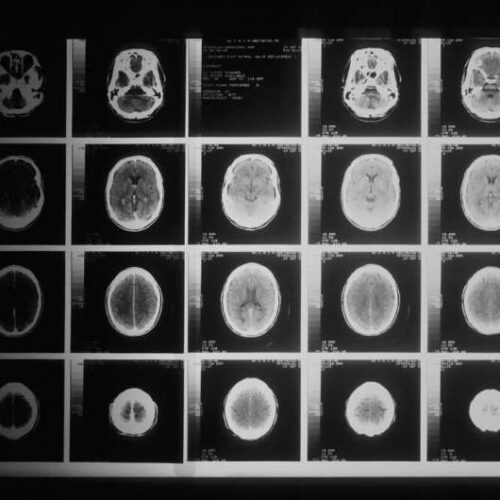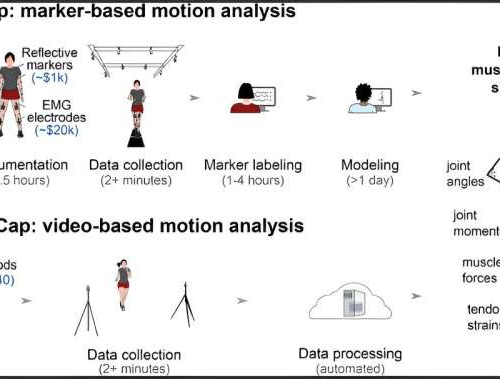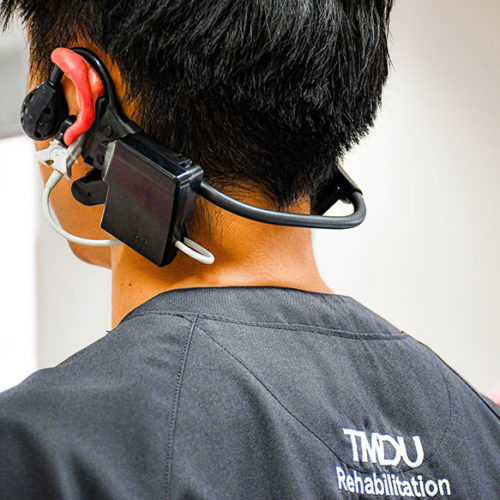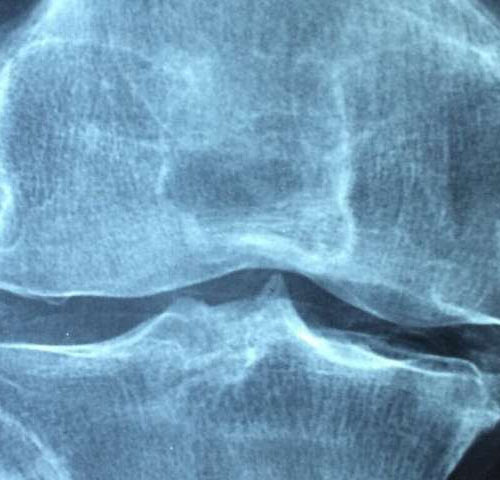by Erik Robinson, Oregon Health & Science University Concussion patient Reed Minnieweather of Clackamas walks with the assistance of OHSU physical therapist Jenny Wilhelm in the Balance Disorders Laboratory at OHSU. Newly published research from OHSU suggests people with lingering symptoms of concussion should be referred to physical therapy as soon as possible. Credit: OHSU/Erik Robinson...
Tag: <span>Rehab</span>
NYU Tandon researchers develop technology that may allow stroke patients to undergo rehab at home
Peer-Reviewed PublicationNYU TANDON SCHOOL OF ENGINEERING For survivors of strokes, which afflict nearly 800,000 Americans each year, regaining fine motor skills like writing and using utensils is critical for recovering independence and quality of life. But getting intensive, frequent rehabilitation therapy can be challenging and expensive. Now, researchers at NYU Tandon School of Engineering are...
Smart Glove to Improve Stroke Rehabilitation
An electronic smart glove that enables movement in the paralysed hand of stroke survivors – supporting their rehabilitation – has been invented by a team from the University of Southampton. The stroke glove prototype on a lab model. Image credit: University of Southampton The glove has electrodes printed on the sleeve that make contact with...
Chatbot tech has potential to transform brain injury rehab
by Flinders University Credit: Unsplash/CC0 Public Domain Using chatbot technology on the recovery journey after a traumatic brain injury (TBI) offers huge potential to keep at-home rehabilitation on track, especially between clinical therapy visits. A small-scale Flinders University study has identified the potential of the technology—and a specific chatbot called RehabChat which the research team has...
New smartphone app quickly analyzes human motion to aid physical rehabilitation
by NIH/Eunice Kennedy Shriver National Institute of Child Health and Human Development Credit: PLOS Computational Biology (2023). DOI: 10.1371/journal.pcbi.1011462A research team has developed a smart phone app that can track and analyze a person’s ability to move from one place to another, known as locomotion, and other types of movements. Human motion analysis is used to...
Kyocera Helps Develop Wearable for Remote Rehab Monitoring During COVID Pandemic
The COVID-19 pandemic has brought a slew of new challenges for clinical facilities, including how to deliver as much care as possible at a distance. The Department of Cardiovascular Medicine at Tokyo Medical and Dental University (TMDU) Medical Hospital is working with Kyocera to be able to deliver rehab therapy to patients while closely monitoring...
New hope for ACL injuries: Adding eccentric exercises could improve physical therapy outcomes
by Laura Bailey, University of Michigan People with anterior cruciate ligament injuries can lose up to 40% of the muscle strength in the affected leg––with muscle atrophy remaining a big problem even after ACL reconstruction and physical therapy. Now, a new University of Michigan study challenges conventional wisdom about which exercises are most beneficial during...
Researcher develops mobile rehab tool to help concussion patients manage their recovery
Posted Today Individuals suffering from a concussion who lack the resources, time or knowledge to handle their condition expertly will soon have access to a low-cost path to recovery. Michael Hutchison, an assistant professor at the University of Toronto’s Faculty of Kinesiology & Physical Education, has developed a mobile rehabilitation tool called RHEA, after the...
Nursing homes increasingly pushing patients into rehab at end-of-life
A new study reveals a growing trend of potentially unnecessary—and harmful— high-intensity rehabilitation services for residents of nursing homes. The study finds that this trend, which may be driven by a desire to maximize reimbursement rates, is on the rise for patients in the last 30 days of life, indicating that these services may be...
VR Prototype Provides Disability Support Workers With Proper Training
An Australian company, House with No Steps, debuts a VR prototype to better train disability support workers on how to handle potentially dangerous situations. In an industry with insurmountable variables, such as disability support, VR can provide endless opportunities for training. “Virtual reality is a powerful tool,” says Andrew Richardson, CEO of House with No Steps Group. “We want to harness it...
- 1
- 2





